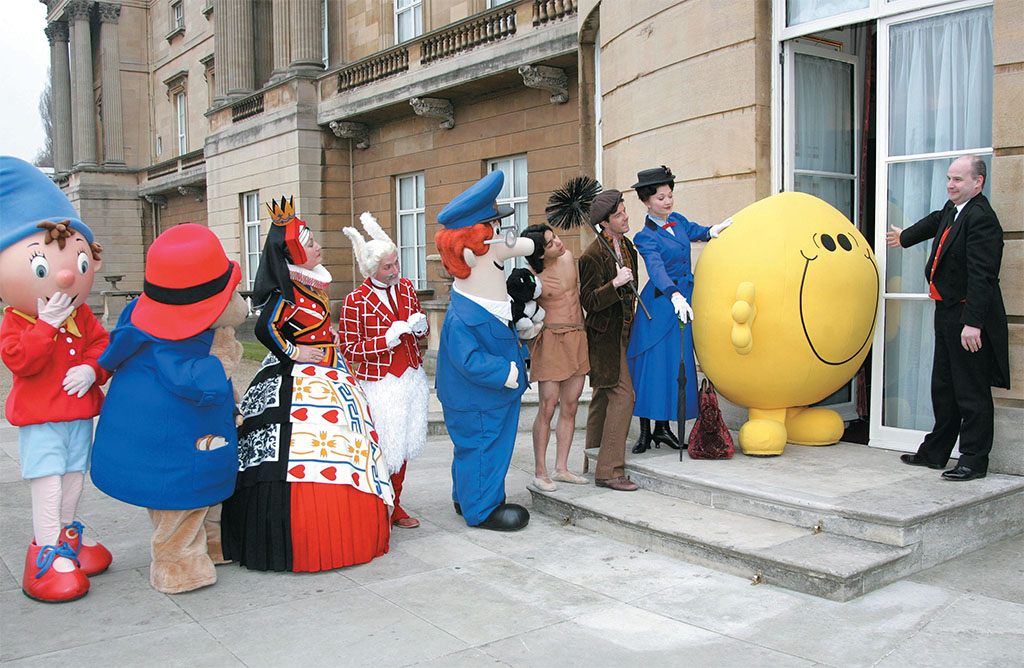
In which we reflect on themes introduced in these pages.
Last Orders, Please!
[caption id="ABritishHeritageCommonplaceBook_img1" align="aligncenter" width="64"]

[caption id="ABritishHeritageCommonplaceBook_img2" align="aligncenter" width="1024"]

IAN JONES/DAILY TELEGRAPH 2006
From the text of Magna Carta…
13. And the city of London is to have all its ancient liberties and free customs both by land and water. Furthermore, we will and grant that all other cities, boroughs, towns and ports shall have all their liberties and free customs.
17. Common pleas shall not follow our court but shall be held in some fixed place.
28. No constable or any other of our bailiffs shall take any man’s corn or other chattels unless he pays cash for them at once or can delay payment with the agreement of the seller.
45. We will not make justices, constables, sheriffs or bailiffs who do not know the law of the land and mean to observe it well.
I can never remember whether it snowed for six days and six nights when I was twelve or whether it snowed for twelve days and twelve nights when I was six.
Dylan Thomas, “A Child’s Christmas in Wales”
Dylan [Thomas] talked copiously, then stopped. “Somebody’s boring me,” he said, “I think it’s me.”
Rayner Heppenstall, Four Absentees of Dylan Thomas
Music hath charms to soothe a savage breast.
William Congreve, The Mourning Bride
Music, the greatest good that mortals know, And all of heaven we have below.
Joseph Addison, “A Song for St. Cecilia’s Day”
And he’ll say, as he scratches himself with his claws,
“Well, the Theatre’s certainly not what it was.
These modern productions are all very well,
But there’s nothing to equal, from what I hear tell,
That moment of mystery
When I made history
As Firefrorefiddle, the Fiend of the Fell.”
T.S. Eliot, “Gus: The Theatre Cat”
He said he should prefer not to know the sources of the Nile, and that there should be some unknown regions preserved as hunting-grounds for the poetic imagination.
George Eliot, Middlemarch





Comments